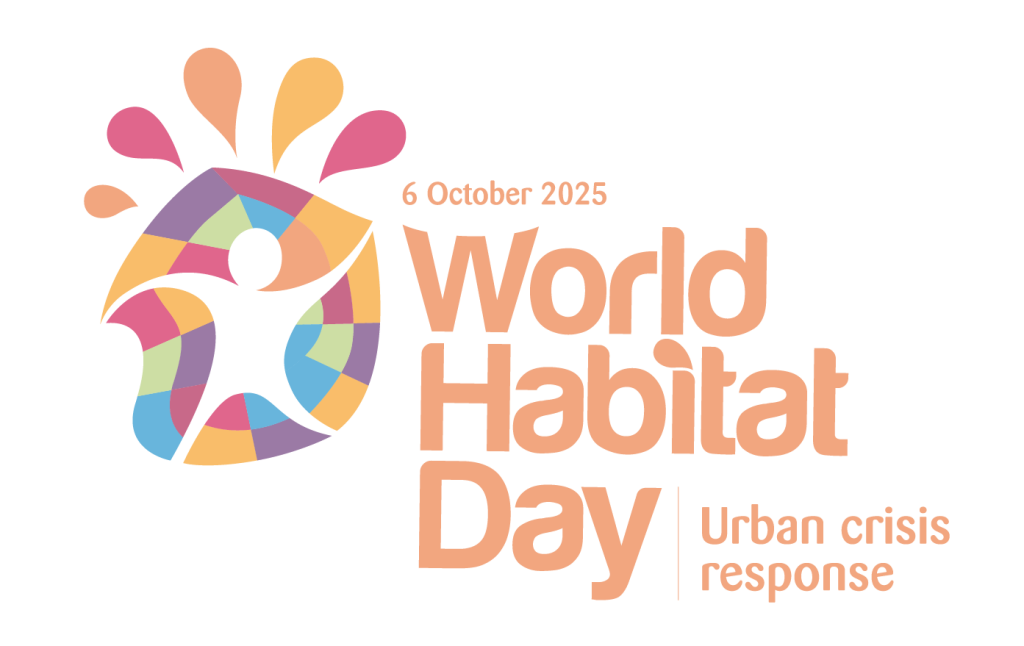World Habitat Day 2025: Urban Crisis Response — Lessons from Ghana

As the world marks World Habitat Day under the theme “Urban Crisis Response,” Ghana stands as both a warning and a window into how rapidly urbanising nations are confronting the realities of 21st-century urban fragility. Across Accra, Kumasi, and Tamale, the rhythm of urban expansion is accelerating faster than the infrastructure and governance systems meant to sustain it. What was once the promise of modernisation has, in many ways, become a struggle to manage density, informality, and risk.
Ghana’s cities are growing, but not necessarily thriving. The Ghana Housing Profile (2024) estimates a housing deficit exceeding 1.8 million units, with more than half of urban dwellers living in informal or substandard housing. As affordability declines, the formal housing market continues to cater to higher-income segments, leaving low- and middle-income families increasingly excluded. Meanwhile, the sprawl of unplanned settlements on flood-prone land has magnified urban vulnerability, turning every heavy rainfall into a potential disaster.
The recurring floods in Accra are not just a product of extreme weather; they are the outcome of systemic weaknesses, poor drainage planning, weak enforcement of land-use regulations, and fragmented urban management. The reality is that Ghana’s urban crisis is not episodic; it is structural. And unless crisis response evolves from reactive relief to proactive resilience, the urban promise will continue to unravel.
The good news is that the solutions are within reach, if approached with technical rigor and institutional courage. Ghana’s response must begin with a shift toward risk-informed urban planning, using hydrological modelling, satellite mapping, and digital zoning systems to prevent development in high-risk zones. Data-driven decision-making must underpin every phase of urban design, helping cities anticipate rather than absorb shocks.
Equally crucial is a new approach to informal settlements. Eviction is not a policy; it’s a symptom of failed planning. Integrating informality through incremental upgrading, serviced land, and secure tenure can transform vulnerable spaces into engines of resilience. In parallel, the financial architecture of urban development must evolve, leveraging blended finance, micro-mortgages, and rent-to-own schemes to bridge the affordability gap and democratize access to decent housing.
At the heart of this transformation lies governance. Ghana’s urban landscape is shaped by multiple actors, metropolitan assemblies, land commissions, ministries, and private developers, often working in silos. Building resilience requires metropolitan-scale coordination, data interoperability, and community participation. Urban resilience is not built in boardrooms alone; it’s co-produced with citizens who experience crisis first-hand.
On this World Habitat Day, Ghana’s urban trajectory compels us to ask a harder question: Are we designing cities to withstand the next crisis, or to perpetuate it? The answer will depend on whether we see urban resilience as an emergency response, or as an embedded way of planning, financing, and governing our shared spaces.
Ghana can and must become a laboratory for adaptive urban crisis response in Africa. A space where climate adaptation meets social inclusion, where technology serves people, and where policy is rooted in evidence, not expediency. The time for incremental fixes has passed. What is needed now is a systemic redesign, one that turns crisis into capacity, and transforms our cities into habitats of resilience, dignity, and hope.
By
Maxwell Ashon
